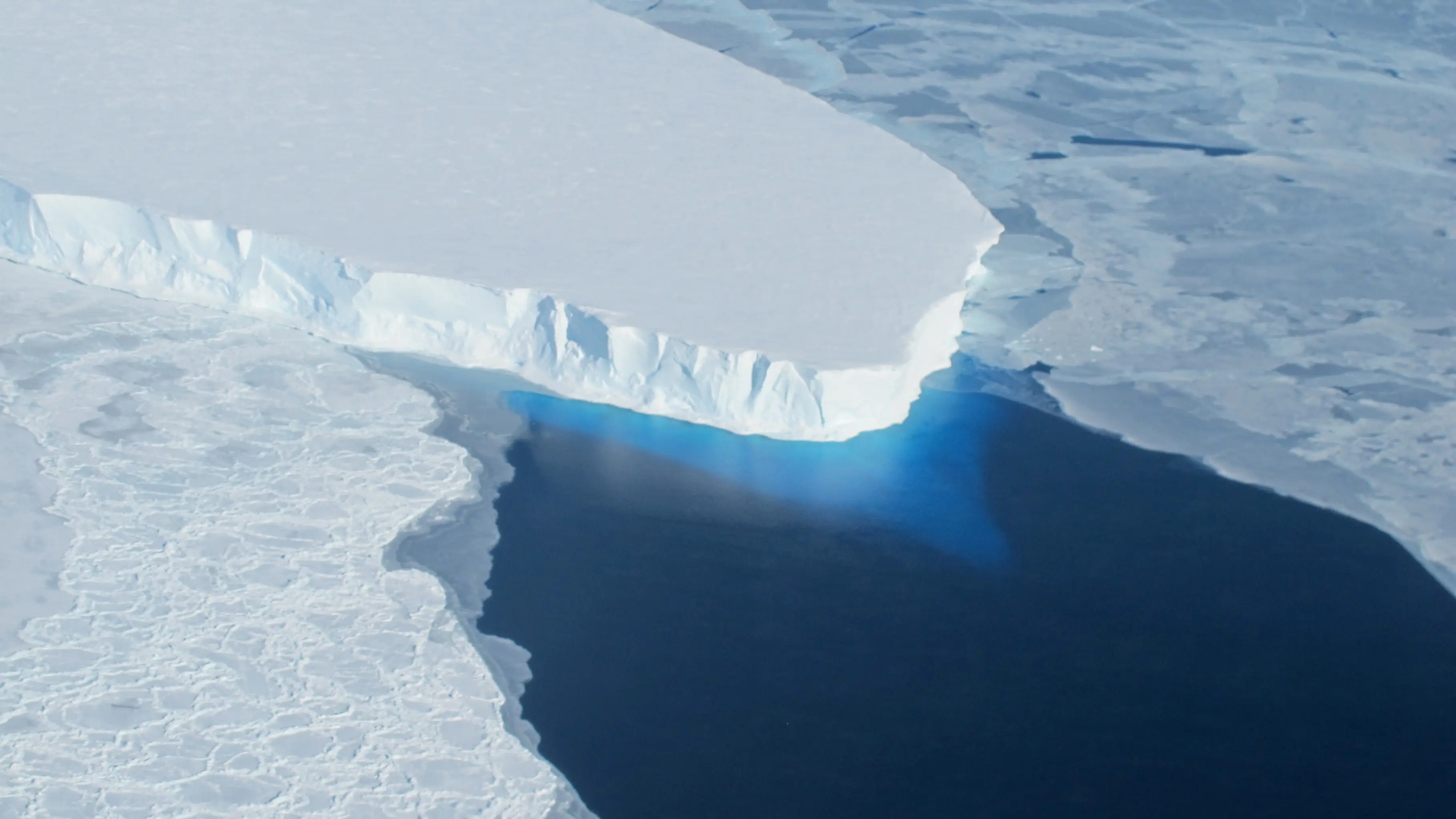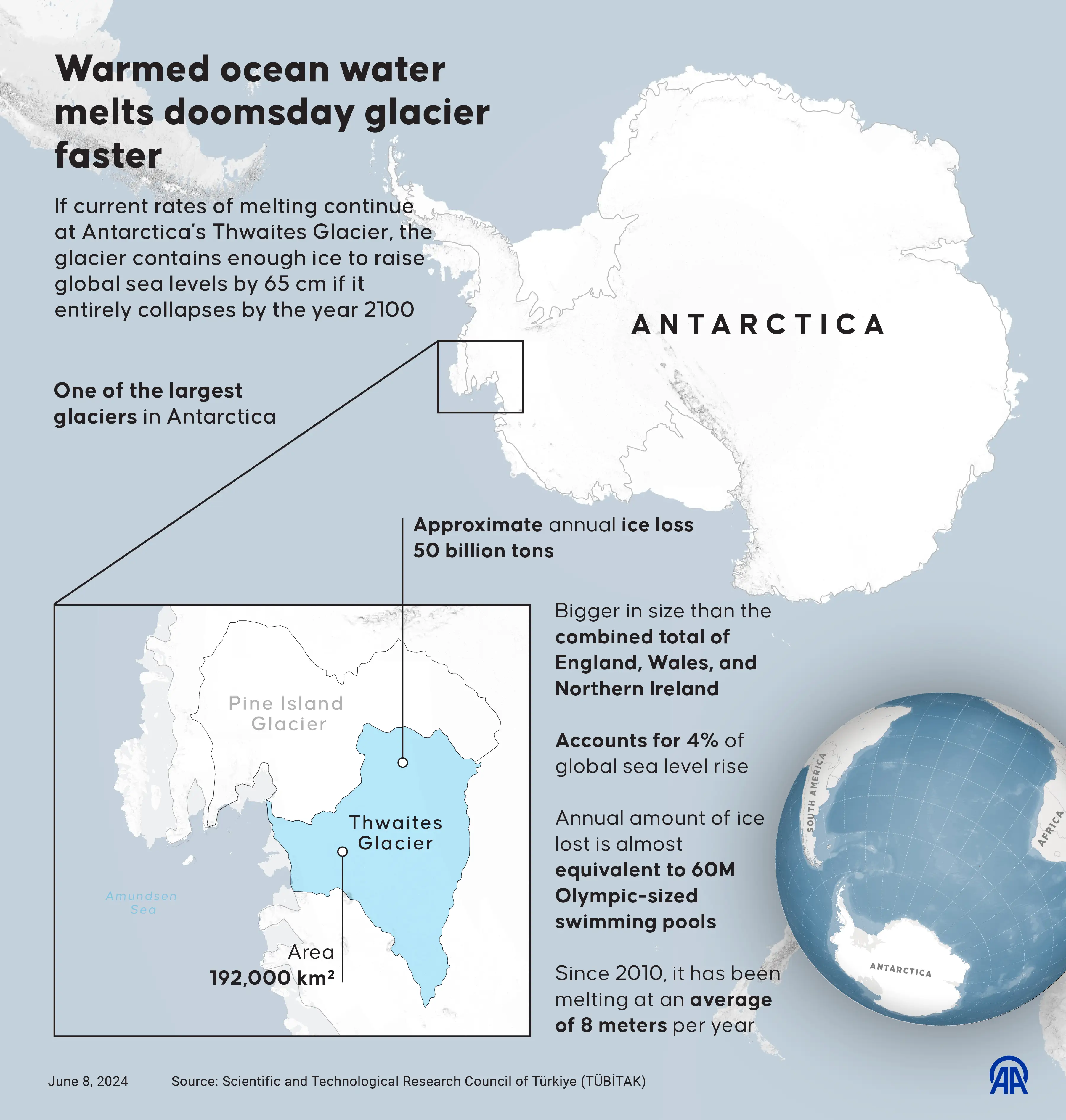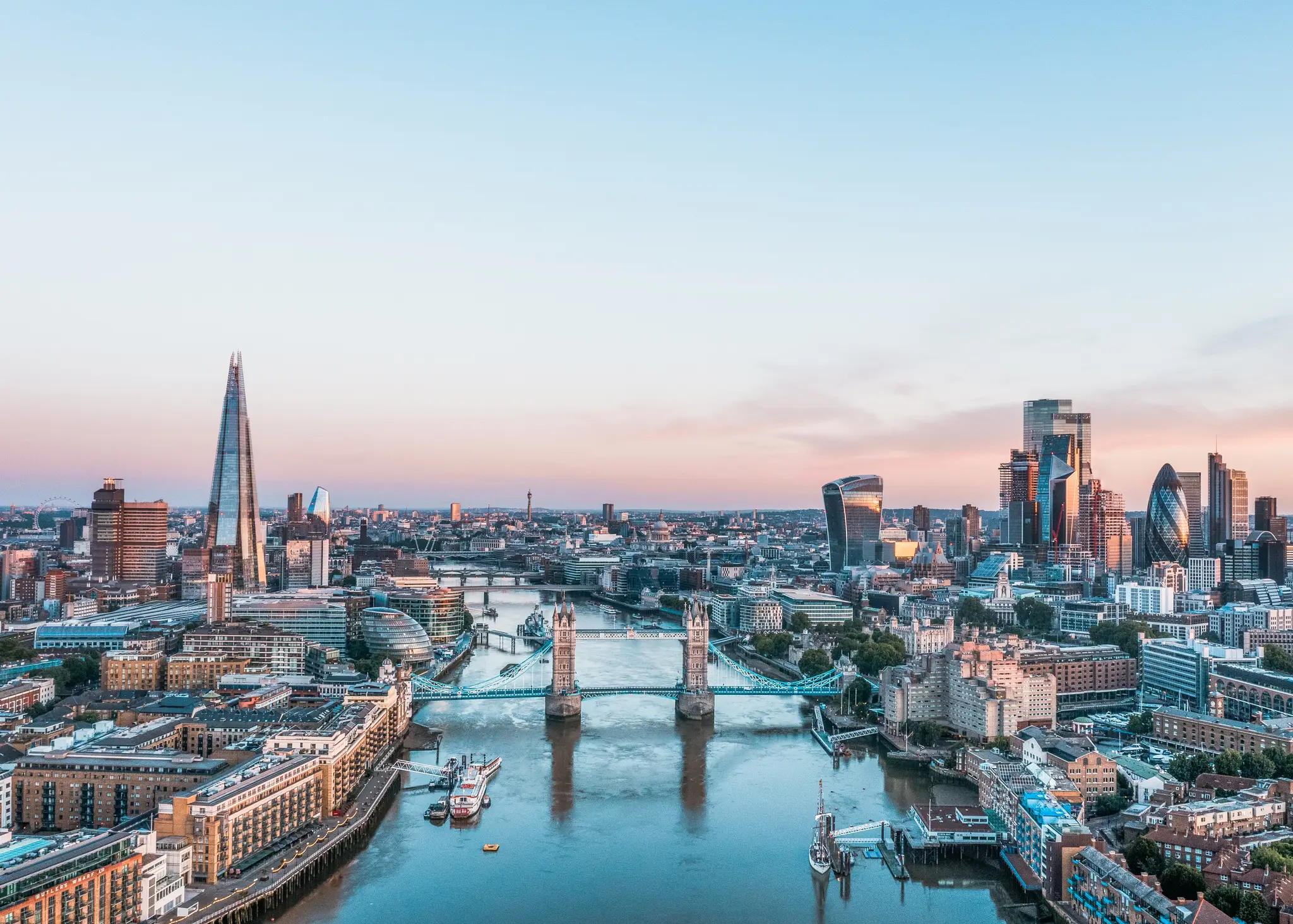
There are three cities said to be at risk of being swallowed if the so-called ‘Doomsday Glacier’ melts.
Scientists have often commented on how climate change has resulted in rising sea levels and increased temperatures across the globe, with experts warning of the catastrophic consequences that could happen in the future if something is not done sharpish.
The true impact of global warming and what it could mean for the times ahead has been put into perspective through reports on the Thwaites Glacier, AKA the ‘Doomsday Glacier’, which holds enough water to increase sea levels by more than two feet.
Thwaites acts as a 'cork' to the larger Antarctic ice sheet and if it were to collapse, it could actually cause sea levels to rise by around 10 feet, which would have a major impact on communities across the globe.
Advert

Such a devastating event would see the likes of London, New York and and Bangkok at risk of being underwater - meaning those cities that are enjoyed by millions of tourists every single year would be no more.
Many studies are taking place looking into the impact the Doomsday Glacier could have on us in the future, but it's not as simple as finding the answers needed.
Basically, the glacier is full of 'hidden lakes' and these alone could have a greater impact than scientists initially anticipated.
After studying the glacier since 2018, the International Thwaites Glacier Collaboration (ITGC) found that rapid ice loss is set to accelerate this century - to such an extent that the whole glacier could collapse within 200 years.
Professor Noel Gourmelen, lead author of a March 2025 study and member of the ITGC, said: "We expected that water draining from the underside of the ice sheet plays a role in modulating ocean melting, the sheer magnitude of this lake drainage gave us the opportunity to finally observe and quantify its impact.

"The lake outflow took place in a key sector impacting Thwaites’ stability, the drainage in effect momentarily turbo-charged Thwaites’ ocean-driven retreat."
A hotter than expected 2025 in the Southern Hemisphere so far has worried scientists and is believed to have sped up the issue.
Speaking to News.com.au, University of South Florida's Dr Alastair Graham said: "If Thwaites Glacier collapses it would cause a rise of around 65cm (25 inches) in sea level.
"This year is really different. It’s very difficult to recover from this in one season. The game has changed."
Topics: Climate Change, Environment, World News
